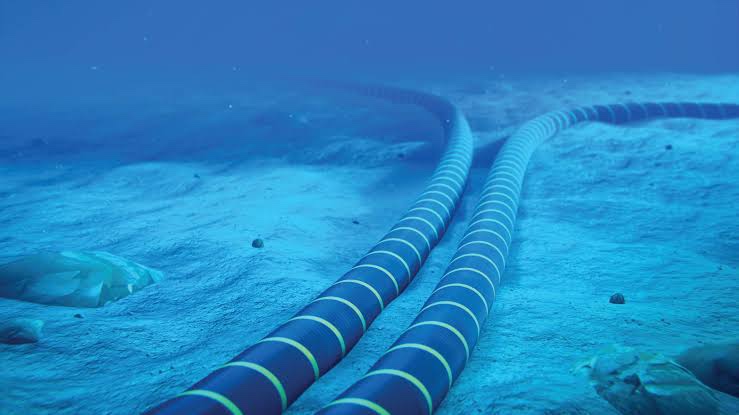Telecommunication operators have disclosed that communications services such as calls and internet disrupted by recent undersea cable cuts have been fully restored.
MTN and MainOne, the companies most impacted by the outages in Nigeria, have now reported that their services are fully operational. Disruption to voice and data services began on March 14, 2024, after undersea fiber optics cables off the coasts of Cote d’Ivoire and Senegal were damaged. This affected telecoms operations in Nigeria, Ghana, Senegal, Côte d’Ivoire, and other African countries.
Operators had to respond to minimise downtime. On Tuesday, Bayobab Group, a subsidiary of MTN Group, said it has now successfully restored its operations and recovered over 3 Terabits per second (Tbps) of capacity across its footprint. “…we have demonstrated our capabilities to maintain a resilient network and efficiently reroute traffic,” it said.

The company stated that it prioritised service restoration by swiftly activating new cables to increase interconnectivity and establish alternative routes, thereby bolstering its network resilience.
On Monday, MainOne revealed that it has rerouted traffic with restoration capacity. It said, “… our observations are that we have stability on our network across the region this morning.”
The Nigerian Communications Commission stated that voice and data services affected by undersea cable cuts were back at 90 percent on Monday.
Last Thursday, multiple undersea cable breaks disrupted internet connectivity in Nigeria and several other West African countries. The affected cables included the West African Cable System (WACS), the African Coast to Europe (ACE), SAT3, and MainOne.
The cause of the cable breaks is still under investigation, and complete repairs might take 5 weeks. However, MainOne suggests that seismic activity on the seabed may be responsible. These breaks affected telecom services in the impacted countries and many of the affected cable operators had to acquire capacity on available cable systems.
Olaitan Ibrahim